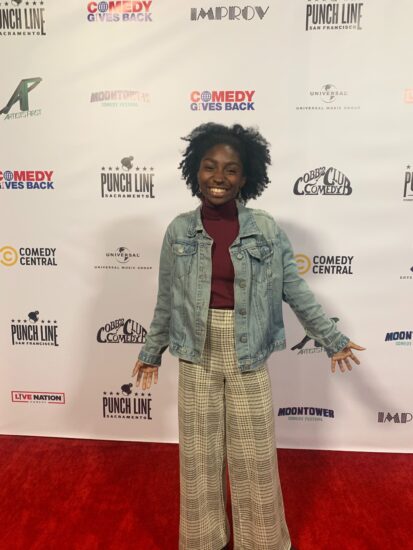Black History at USC: Beyond identity, borders and baggage
Nine stories exploring the vastly complex and often fraught question of what it means to be a black woman on USC’s predominantly white campus.

Black History Month is celebrated nationally. But more importantly, it is also celebrated right here on USC’s campus. The 28 days, sometimes 29 on a leap year, are about more than just a seasonal T-shirt from Target. Black History Month is about the very people at USC that interact with the seasonal T-shirts.
Black History Month is about all of us, but also the few of us that exist in the predominantly white space of USC. This leads to a more than complicated existence in a place that reminds us regularly of our history. For me, slavery still affects my life in a lot of different ways. For example, Chad gets to say he’s from Italy but the only thing I’ll ever know is that my family’s from West Africa, which is huge and contains hundreds of different ethnic groups. I will always be mad about that loss of identity.
The black experience at USC cannot be defined as one thing because it is not a single narrative. For the African American community, our ancestry has never left our memories.The whips of slavery never disappeared, but have instead turned into whiplash. One moment spent on being happy to be studying at a top university and then another is spent on questioning ‘why we’re here in the first place?’
I’m the least aware of the baggage I carry around when I’m in a room of Black people. When I went to an all Black elementary school, I never had to see myself as different for so long or question anything. Now, I actively work on agreeing with people on topics and stay quiet when we talk about race in class because I don’t want to be the angry black girl.
I think that people don’t let black people be as complex as humans actually are. Black excellence occurs every single day at the same rate that microaggressions and racism do.
I think people would be less surprised that I struggle and have struggled almost my whole life with mental health issues if they were seeing me as just as human as white women. But I don’t think they are. I am told to be strong.
— Alia Atkins